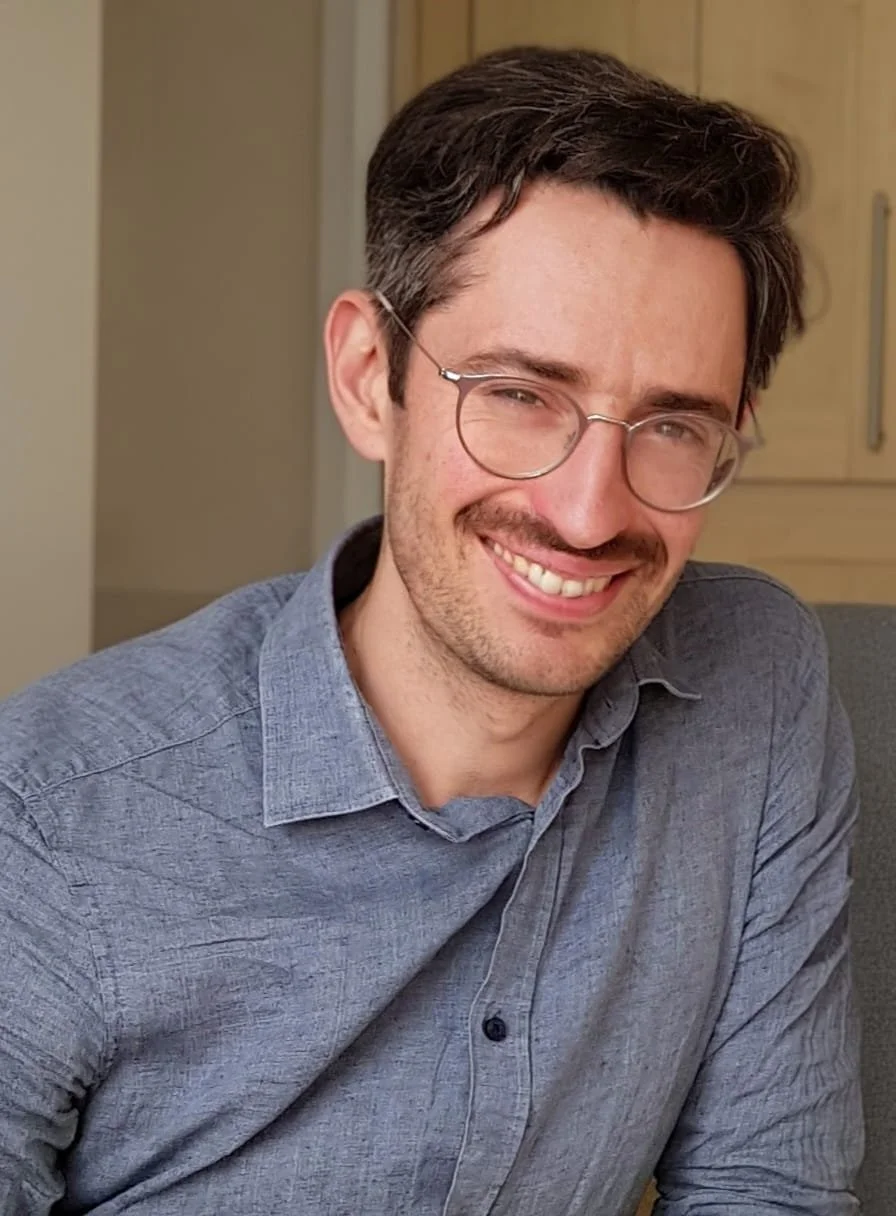Psychoanalysis and Psychotherapy
in North London, N2 and N12
There are many reasons for seeking out a space to speak.
It might be…
A recent life event, a long-standing struggle or an inexplicable change
A clearly defined problem, or something messy or difficult to pinpoint
A constant source of anguish or mostly in the background
Visible to others or mostly hidden and isolating
Easy to talk about or hard to find (or say) the words
Whatever it is that leads you to therapy, I offer a safe, confidential, and judgement-free space to talk and reflect.
What is psychoanalysis?
Psychoanalysis is a form of talking therapy.
It is based on the idea that the unconscious plays an important role in shaping our lives, especially in the forms our suffering can take.
Psychoanalysis is about the singular complexity of each human life. It is less interested in generalisations, quick fixes or coping strategies than with tracing the unconscious contours of each person’s individual difficulties.
There are many different schools of psychoanalysis, each with its own ways of conceptualising and working with the unconscious. I practice Lacanian psychoanalysis. Jacques Lacan was an analyst who reformulated and extended the work of Sigmund Freud through later developments in fields such as linguistics, mathematics and philosophy.
Where is it?
I keep consulting rooms in East Finchley, N2 (near the tube station) and North Finchley, N12 (close to Woodhouse College).
In person is usually preferred, but remote sessions are sometimes possible if you are unable to attend in person.
How much is it?
My fee for an initial consultation is £70.
The fee for subsequent sessions can be negotiated in person based on your circumstances.
I keep some low-cost places for persons seeking long-term analytic work (twice weekly or more) but facing significant financial obstacles.
About me
I am a psychoanalyst in formation with the Centre for Freudian Analysis and Research, and also hold an MA in Psychoanalysis.
I am a long-standing member of the Psychosis Therapy Project and was Manager of its Islington branch for many years.
I was previously Honorary Psychotherapist for North East London NHS Foundation Trust, and am currently attached to Islington Crisis Team with North London NHS Foundation Trust.
I occasionally write and lecture on psychoanalysis. My most recent publication (co-edited with Jamie Ruers) is Freud/Lynch: Behind the Curtain (Phoenix Publishing House, 2023).
I adhere to the Code of Ethics and Professional Practice set out by the UK Council for Psychotherapy.
Work with me
Feel free to send me an email to arrange an initial meeting.
If you have questions that you’d like to discuss before meeting in person we can arrange a brief phone conversation.
In the initial meetings we can discuss the situation that has led you to seek therapy, and explore the possibility of working together.
These meetings will also help you to decide if what I can offer is right for you. If not, I can suggest alternatives or refer you to a colleague.
FAQs
-
I extend a warm welcome to anyone who wishes to speak about things that are difficult for them.
This includes:
People who are gender non-conforming or trans
People who have been through (or are going through) the mental health system
People who hear voices or have unusual beliefs
I generally work with individual adults rather than couples or groups.
I occasionally work with older children (i.e. teenagers). This would need to be arranged through a parent or legal guardian. I hold an up-to-date Enhanced DBS certificate.
You don’t need to know anything about psychoanalysis, nor to believe any of its sometimes bizarre claims, to undertake psychoanalytic treatment.
-
You can use the sessions to speak about anything your thoughts take you to.
The analyst is there to listen carefully and might ask questions, but is less interested in directing your speech than in marking the points where together we can start to become curious about the influence of the unconscious.
Because the unconscious tends to manifest as a disruption, analysis tries to make a place for things that happen unexpectedly or take us by surprise in the course of a session or outside of one.
Sessions are usually 40-50 minutes, but this varies slightly as the session length is oriented by what takes place in each session rather than by the clock.
-
Psychoanalysis involves regular sessions, usually at least once a week, and is open-ended with no fixed treatment duration.
School learning sessions
I am former Learning Manager at the Freud Museum London, where I delivered a range of learning sessions on a range of psychodynamic themes.
When time permits, I still enjoy working to engage young people with psychoanalytic thought as a guest speaker.
If you are a teacher and would like to find out more, please drop me an email.

